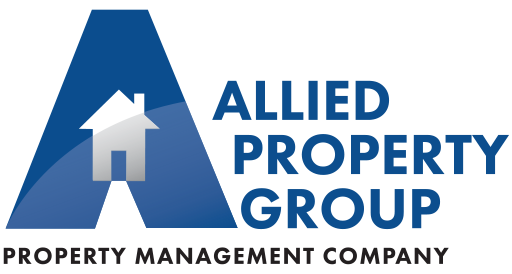As an HOA Board member, you’ve likely seen and felt the many impacts of the COVID-19 pandemic. The financial consequences of the health crisis have been particularly challenging for many people. Now, with decreased or eliminated government assistance, some association residents may find it difficult to make their assessment payments. Your board may have to allocate additional funds to meet CDC guidelines for cleaning, disinfecting, and other services designed to keep residents safe, especially in common areas.
These unprecedented times will see HOA boards everywhere dealing with unanticipated changes in their expenses and revenues. Add to that the need to ratify the association’s budget at a time when holding in-person meetings is discouraged.
Here’s how to stay compliant with Florida’s HOA budgeting rules and requirements under Statutes 718 and 720 while keeping board members and residents alike safe during this time.
Financial Issues During COVID-19
The CARES Act was signed into law at the end of March. It provided fast, direct economic assistance for millions of American workers and their families as well as small businesses. On July 31, the federal stimulus benefits expired. Eligibility expansions and additional weeks of benefits are set to expire December 31, 2020.
As assistance decreases for millions of Americans, many of whom live in HOA communities, the possibility for increased accounts receivables and assessment defaults will increase. To offset these increases, many boards are finding themselves handling this possibility by budgeting for higher bad debt.
The reality is the money to cover expenses must come from somewhere. By statute, the association’s current expenses, a reasonable surplus, and future reserves are covered by assessments paid by homeowners. When anticipated funds are reduced due to something catastrophic like a pandemic, at some point those funds will have to be recouped. That means at some future date, homeowners will need to be charged more to make up the difference.
By law, the projection of these fees must be as accurate as possible. Most experts agree COVID-19 has made estimating probable HOA expenses complex. Boards will need to decide if deferring assessments is truly in the association’s best interests. Other options to consider might include:
- Decreasing discretionary services, if only temporarily.
- Canceling and/or delaying non-urgent repairs and upgrades.
- Looking at reducing services or obtaining lowered bids.
The most important thing is for Board members to approach these issues reasonably and calmly so homeowners feel any steps taken are in the best judgment of the community as a whole and for each member.
Virtual HOA Board Meetings during COVID-19
Late summer is the traditional time for board members to start constructing a budget to be approved at budget meetings in October or November. This year, many of those meetings will look a little different as they’re done via Zoom, Facebook Live, GoToMeeting, or some other virtual meeting platform. Some boards may decide to hold in-person meetings but will need to meet social distancing requirements and limit the number of people who can attend. They’ll also need to record the meeting so homeowners unable to attend are kept up-to-date.
Budgeting is a big job any time; this year it’s an exceptionally complex one. The goal, as always, is to make your community a better place to live. These suggestions are designed to guide you in preparing a budget that keeps your HOA thriving financially during the current health crisis and in years to come.




